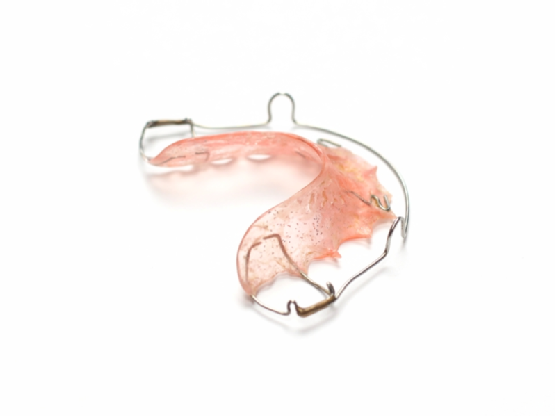A healthy mouth and a great smile can be invaluable to our sense of well being and self confidence. But good dental health is not something
to be taken for granted. Check out these Top 10 Dental Problems and you
would be surprised how easy it is to prevent
many of them. Good nutrition and a few minutes of oral care every day
would save a lot of trouble later and save money too. The idiom about an
ounce of prevention being worth a pound of cure, really says it all.
Here's the list of Top 10 Common Dental Problems courtesy, About.com Dental Care pages:
-Bad breath
-Tooth decay
-Gum disease
-Oral cancer
-Mouth sores
-Tooth erosion
-Tooth sensitivity
-Toothache and dental emergencies
-Unattractive smile
And the list is of course about common dental problems in adults.
But, what about kids?
What is the top dental problem for Indian children? The most common dental problem in children is dental caries, or tooth decay.
If tooth decay is not attended to early, you child faces a lifetime of pain and complications.
Here's the list of Top 10 Common Dental Problems courtesy, About.com Dental Care pages:
-Bad breath
-Tooth decay
-Gum disease
-Oral cancer
-Mouth sores
-Tooth erosion
-Tooth sensitivity
-Toothache and dental emergencies
-Unattractive smile
And the list is of course about common dental problems in adults.
But, what about kids?
What is the top dental problem for Indian children? The most common dental problem in children is dental caries, or tooth decay.
If tooth decay is not attended to early, you child faces a lifetime of pain and complications.
This
is why the Indian Dental Association recommends that you take your
child for a dental visit within six months after the first tooth comes
and no later than the first birthday.
Think of this first dental visit as a "well baby checkup" for the baby's teeth. On the first visit, your dentist will check for tooth decay and other problems. Your dentist can also show you how to clean the child's teeth properly. After the first visit, it is recommended that baby visits the dentist every six months.
And that is not bad advice for adults either. Regular dental visits can sure help you deal with, and often entirely avoid, most of the common dental problems.
FOR DETAILS CONTACT US-
GOODWILL DENTAL CLINIC
call- 0091-9136165959

























.jpg)















